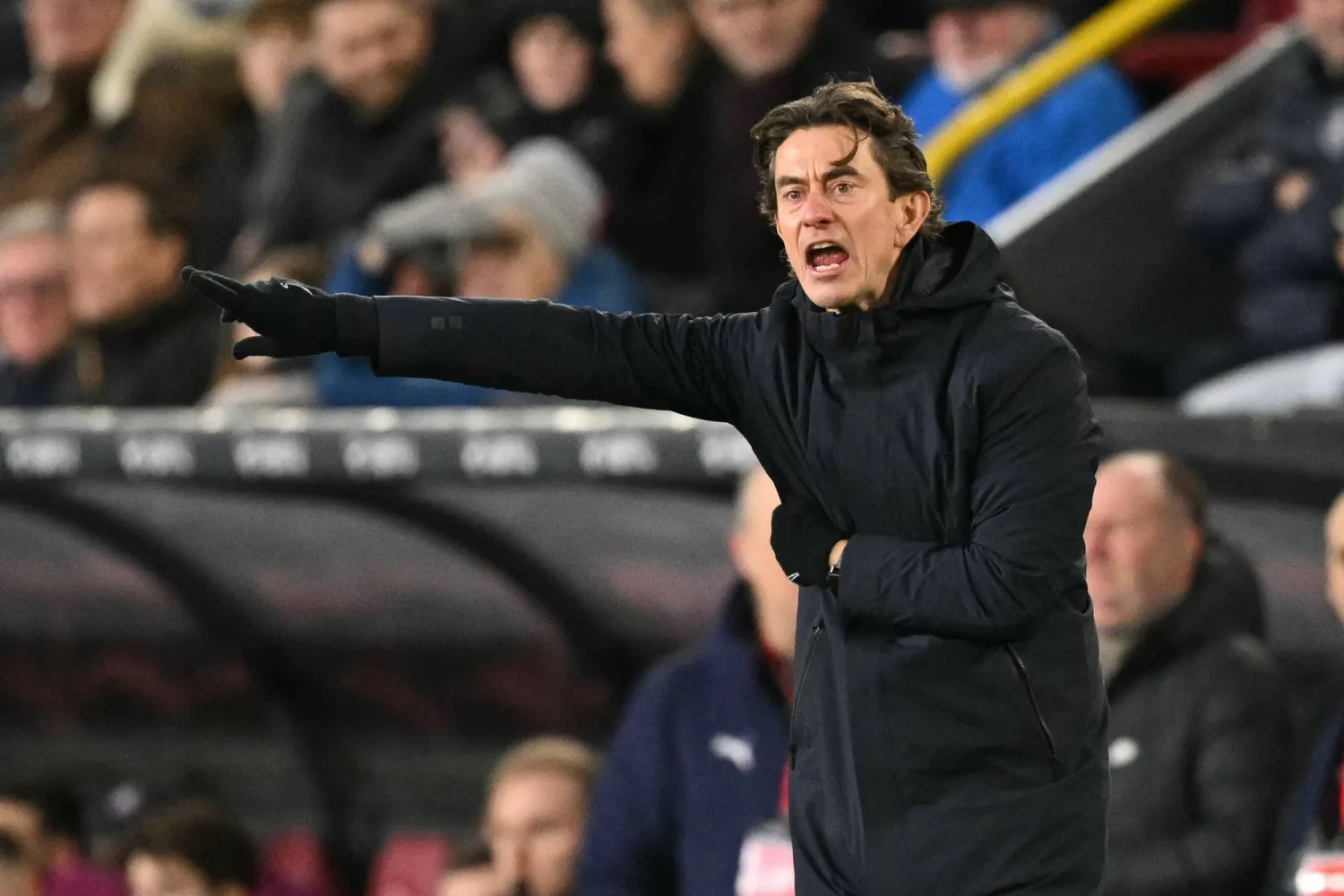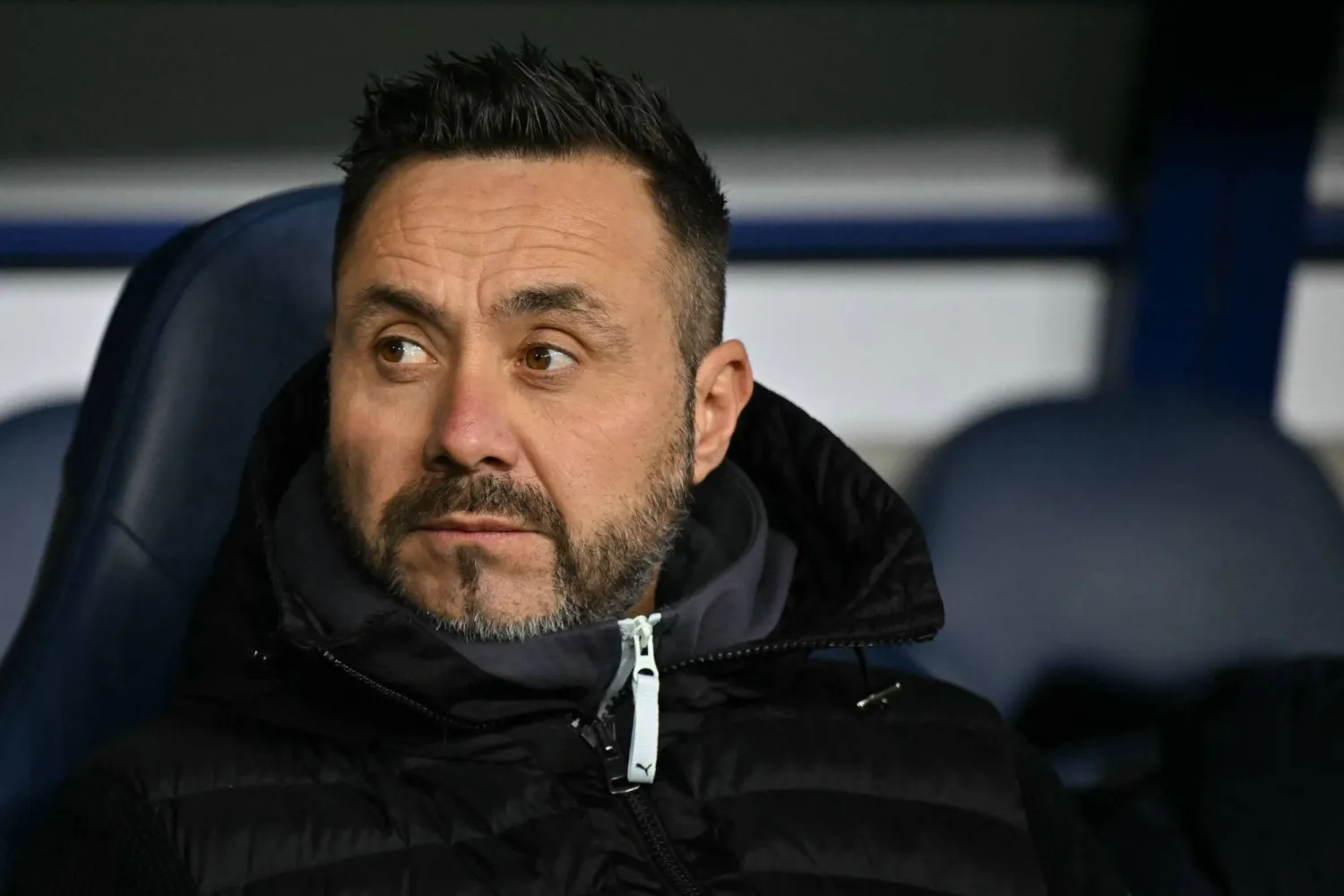There’s been something strangely disconcerting about seeing Arsène Wenger back on our screens, promoting his new book. Almost every interviewer he has faced has tried to lure him into some sort of indelicacy. Come on Arsène, settle some scores. Shit-talk Mourinho. Shit-talk Arteta. Shit-talk the board. Give us the full-body contact. Yet by and large, Wenger has refused to dance. His book is restrained, measured, high on facts and light on gossip, and has thus inevitably been panned as a crushing disappointment. Occasionally, however – much like his teams – he can still produce a moment of pure transcendence.
On Friday night, Wenger was a guest on the Graham Norton Show, where he explained why footballers need a coach. “When people come together, it creates a magic,” he answered. “Sometimes the energy gets together, and they go up to a level where it becomes art. The art of flying together.” It was a beautiful, succinct image: his life’s mission, boiled down for a prime-time BBC One audience. Naturally, Norton quickly changed the subject to Wenger banning Mars bars. Freddie Flintoff told a story about drinking pints. The audience roared. Later, when the show’s Facebook page posted a clip from the program, the one they chose was: “Arsène Wenger on his iconic fight with José Mourinho.”
Ever misunderstood, ever misconstrued, a man not just out of work but seemingly out of time. As we watched Wenger smiling along with Dawn French and Samuel L Jackson in the studio, it was possible to glimpse a faint outline of the world he left behind. They wanted a trophy, and instead he gave them the truth. They wanted aggression, and instead he gave them art.
The house was crumbling, and he bought them another piano. They wanted another Vieira, and instead they got Mesut Özil.
Of all the Wenger-era players still at Arsenal under the current regime, it is Özil who best embodies the sharp divide between them. He hasn’t played a minute since March. Last week he was left out of Arsenal’s Europa League squad. He is 32 years old, his contract expires next summer, and we are contractually obliged at this point to mention his weekly wages of £350,000, as if he were a taxpayer-funded yacht.
The fall came more suddenly than many assume: until the pandemic, Özil was still a regular starter. Yet a player signed to play Wenger’s frictionless, intricate, high-possession, jazz-hands football was always going to struggle in a slingy, concussive, vertical system. Mikel Arteta wants quick, solid lads who can play to a plan, press like dogs, who relish contact rather than avoid it. The club wants good, loyal lads who will take a pay cut when asked and won’t piss off the Chinese government on Twitter.
And so perhaps this was a relationship that was always going to run aground. We can go back and forth about the rights and wrongs of this, the little ruptures that led us to this point, about the extent to which Özil is culpable in his own plight, or whether it is really a plight at all. But let’s take a step back here: a very good footballer is currently being paid £18m a year to not play football. At the same time, his club are pleading penury and sacking 55 members of staff and a dinosaur.
At the same time, the entire infrastructure of English football is on the verge of collapse. Was there really, honestly, not a better way of doing this? This is, after all, a problem that goes beyond one flighty playmaker and one high-energy pressing game. Scour the big clubs and you will find an entire army of lost toys and odd socks, a nuclear stockpile of wasted talent gathering dust in the shadows: Marcos Rojo at Manchester United, Danny Rose at Tottenham, Sami Khedira at Juventus, Gareth Bale at Real Madrid for the last two seasons. All fit. All still drawing an (often handsome) wage. All feted and acclaimed at arrival, only to be cut adrift.
These aren’t bad or broken players. Whether you rate them or not, they are essentially talent: talent that in a more efficient, enlightened sport would easily find a loving home. Elite football has always had a certain disdain for its hired labor, but rarely has it indulged this sort of wastage: the stuffed rosters, the stockpiled academies, the armies of loanees, the human traffic being shoveled around the continent by gluttonous agents.
Perhaps this is the logical corollary of a game strung out by inequality. In a game where wealth is deeply asymmetrical and compassion is scarce, where fans clamor ceaselessly for fresh flesh, it will always be easier to sign a new player and pin the blame on the old one. Meanwhile, an experienced creative midfielder is not playing football for a club who – on the evidence of their recent games – are desperately in need of an experienced creative midfielder. If there’s any logic in this apparent absurdity, I invite you to find it.
Wenger understood this perfectly, of course. For a coach who always sought to blend idealism with game theory, you suspect there is little that offends him more than inefficiency, punctured dreams, squandered talent.
“It is a waste for him, and for the club as well,” he said last week. “A world champion who has played at Real Madrid. He’s been the record player of assists, so you have to find a way to get him involved again.” But Wenger is finally out, and so is Özil: a player who already felt out of time when he arrived, and looks even more so now.
(The Guardian)









